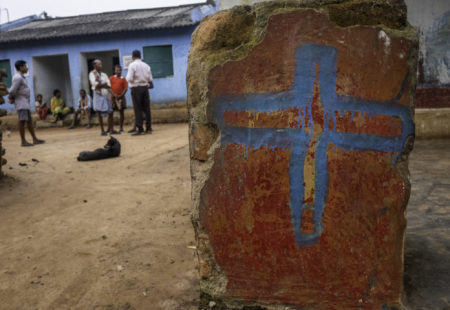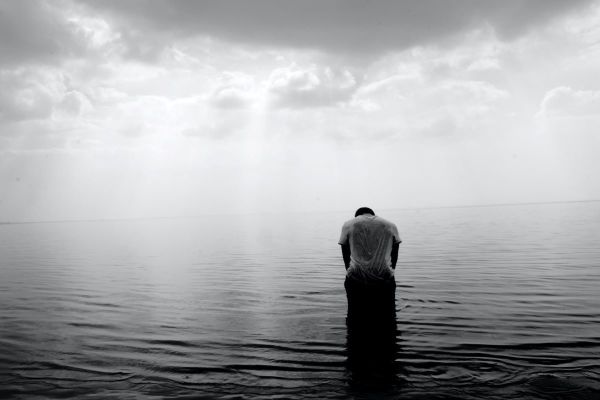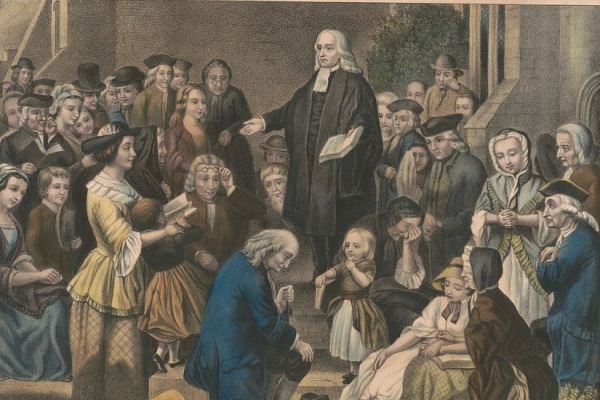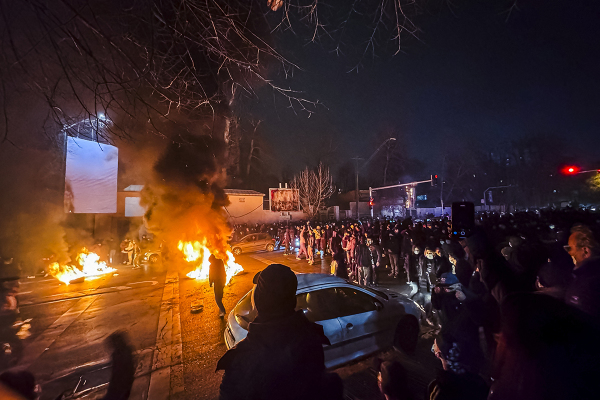India: Pastor shot, killed in street after baptizing new believers

Three unidentified men shot and killed a pastor in the east Indian state of Jharkhand while he was returning home with his wife after baptizing new believers, according to a report.
Pastor Salim Stephen Surin, a part-time evangelist in Rania village of Jharkhand’s West Singhbhum district, was killed on Dec. 8, the U.S.-based persecution watchdog International Christian Concern reported Friday.
“They killed my husband in front of my own eyes,” Tarsis, the wife of the slain pastor, was quoted as saying. “I was terrified seeing my husband collapse having been shot in the chest. I started to think about my children and loudly cried out to God to save me and take care of my [two] children.”
Tarsis said she pushed one of the three men who shot her husband, after which he pointed the gun toward her. “I ran into the thick bushes and the nearby forest. I probably walked for more than 10 hours to reach my home. I purposely did not take the road to avoid the attackers.”
At the time of the attack, the pastor and his wife were on the couple’s motorbike returning from Putikda village where the pastor baptized five people.
Later that evening, local travelers discovered Surin’s lifeless body lying on the road.
Local Christians told ICC that Christians in that village had been threatened several times. “According to one source, the Christians of Putikda have been told they must renounce their Christian faith,” ICC said. “Despite the threats, Pastor Surin continued to visit Putikda and support its Christian community.”
Police were still investigating the case, as of early Saturday.
Jharkhand and the adjoining Chhattisgarh states are part of India’s tribal (indigenous) belt and the tribal Christians have faced heightened attacks since September.
Radical Hindu groups have been demanding that the government ban those who convert to Christianity from receiving education and employment opportunities provided for the indigenous people.
According to the 2011 Census, more than 104 million people — or 8.6% of the population — are from the various tribes that are listed in the Indian Constitution to receive affirmative action, which was provided for on the basis of their seclusion at the time of India’s independence from British rule in 1947.
Recently, a mob of 50 people armed with homemade weapons attacked a community of 100 Christians in Chhattisgarh, injuring at least 27, and attempted to rape a young woman.
The Christians were attacked after midnight on Nov. 24, hours after they held a meeting to plan the observance of the Advent season and to celebrate the birth of a child in their community in Singawaram village of Sukma district in southern Chhattisgarh, the U.K.-based Christians Solidarity Worldwide reported.
The mob, comprised of men from the same tribe who were not Christian, also burned Bibles and damaged motorcycles belonging to the Christians, CSW said, adding that the attackers accused the Christians of destroying the local culture by practicing a foreign religion.
Like the tribal people, India’s “untouchable” Dalit people, as per the caste hierarchy in the Hindu society, who account for 16.6% of the country’s population, or 201.4 million, were also given affirmative action rights in the constitution. However, a 1950 Presidential Order denied the benefits and protections to Dalits who convert to Christianity or Islam. Hindu nationalists are now seeking the same for tribal groups who have converted or might convert to Christianity.
India is ranked No. 10 on Open Doors’ 2020 World Watch List of the countries where it's most difficult to be a Christian. Open Doors notes that converts to Christianity from a Hindu background are “especially vulnerable to persecution” and are constantly under pressure to return to Hinduism.
John Prabhudoss, chairman of the Federation of Indian American Christian Organizations of North America, previously told The Christian Post that the victory of the BJP in the national election in 2014 and its reelection in 2019 “brought about a sense of confidence among the Hindu radical party cadre that now they can attack Christians and other religious minorities with impunity and they do not have to worry about the law enforcement.”





















